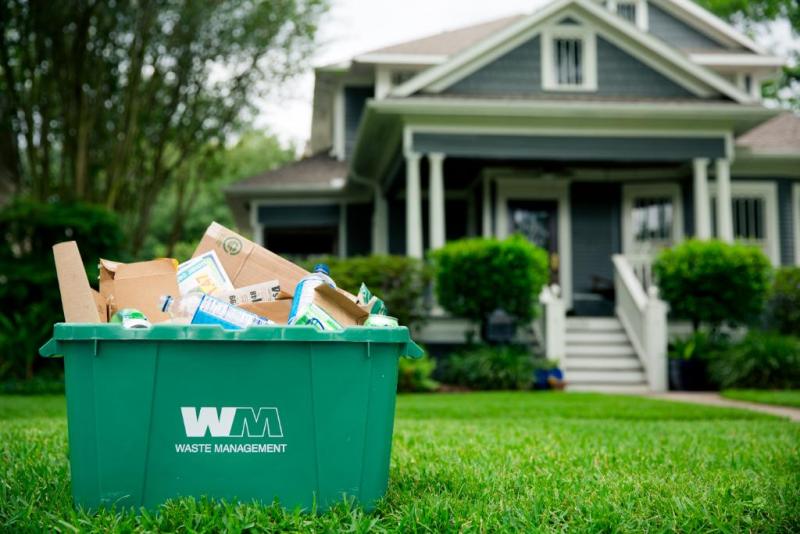Introduction
Waste management is a pressing global challenge that demands immediate attention to protect our environment and ensure the well-being of future generations. As the world grapples with escalating waste generation and its adverse impacts, it becomes crucial to explore sustainable solutions that can lead us toward a cleaner and greener future. This blog aims to shed light on the importance of waste management and present innovative approaches that can revolutionize our waste management practices.
The Gravity of the Waste Problem
The scale of the waste problem has reached alarming proportions, with millions of tons of waste being generated daily. Poor waste management practices, such as landfilling and improper disposal, not only contribute to the release of greenhouse gases but also contaminate soil and water bodies, posing severe risks to human and animal health. Moreover, the surge in single-use plastics has added to the complexity of the waste crisis, causing marine pollution and threatening aquatic life.
Adopting the 3R Approach
To combat the waste crisis, the 3R approach — Reduce, Reuse, and Recycle — serves as a foundational principle. Firstly, reducing waste at the source by promoting sustainable consumption and production patterns is critical. This can be achieved through awareness campaigns, incentivizing eco-friendly practices, and encouraging the use of eco-friendly packaging materials. Secondly, reusing items and products can significantly cut down waste generation. Emphasizing the importance of repairing and refurbishing items, and facilitating community-based sharing initiatives can help extend the lifespan of goods. Lastly, recycling plays a pivotal role in diverting waste from landfills. Local authorities must invest in efficient recycling infrastructure and promote waste segregation at source.
Waste-to-Energy: A Viable Solution?
Waste-to-energy (WTE) technology is a contentious topic in waste management discussions. Proponents argue that converting waste into energy can reduce the burden on landfills and provide an alternative energy source. However, critics raise concerns about air pollution and greenhouse gas emissions associated with some WTE processes. The key lies in adopting advanced, clean technologies and adhering to strict emission standards. By coupling WTE with recycling initiatives, we can maximize resource recovery while minimizing environmental impacts.
The Role of Technology
In the digital age, technology offers transformative solutions for waste management. Advanced waste sorting technologies, such as AI-powered robots and optical sensors, enable efficient and precise waste segregation, enhancing recycling rates. Smart waste management systems, incorporating sensors in trash bins, optimize waste collection routes, minimizing fuel consumption and emissions. Additionally, mobile applications can empower communities to report littering and illegal dumping instances, fostering a sense of ownership and accountability.
Encouraging Corporate Social Responsibility (CSR)
Businesses play a significant role in waste generation, making it imperative for them to embrace corporate social responsibility. Adopting sustainable packaging, implementing take-back schemes for used products, and supporting recycling initiatives are some ways corporations can contribute positively to waste management. Governments can incentivize eco-friendly business practices through tax benefits and awards for outstanding waste management efforts.
Educating the Masses
Public awareness and education are paramount to bring about a change in waste management behavior. Educational institutions, NGOs, and government bodies should collaborate to integrate waste management awareness into school curriculums. Hosting workshops, seminars, and awareness drives in local communities can foster a sense of environmental responsibility among citizens.
Conclusion
Waste management is not a challenge we can afford to overlook. By embracing sustainable solutions, such as the 3R approach, waste-to-energy technologies, leveraging technology, promoting corporate social responsibility, and educating the masses, we can pave the way for a cleaner and greener future. Each individual's commitment to responsible waste management is crucial in collectively addressing this pressing issue. It is time for governments, businesses, and citizens to unite in their efforts to create a sustainable and waste-free world for generations to come.
